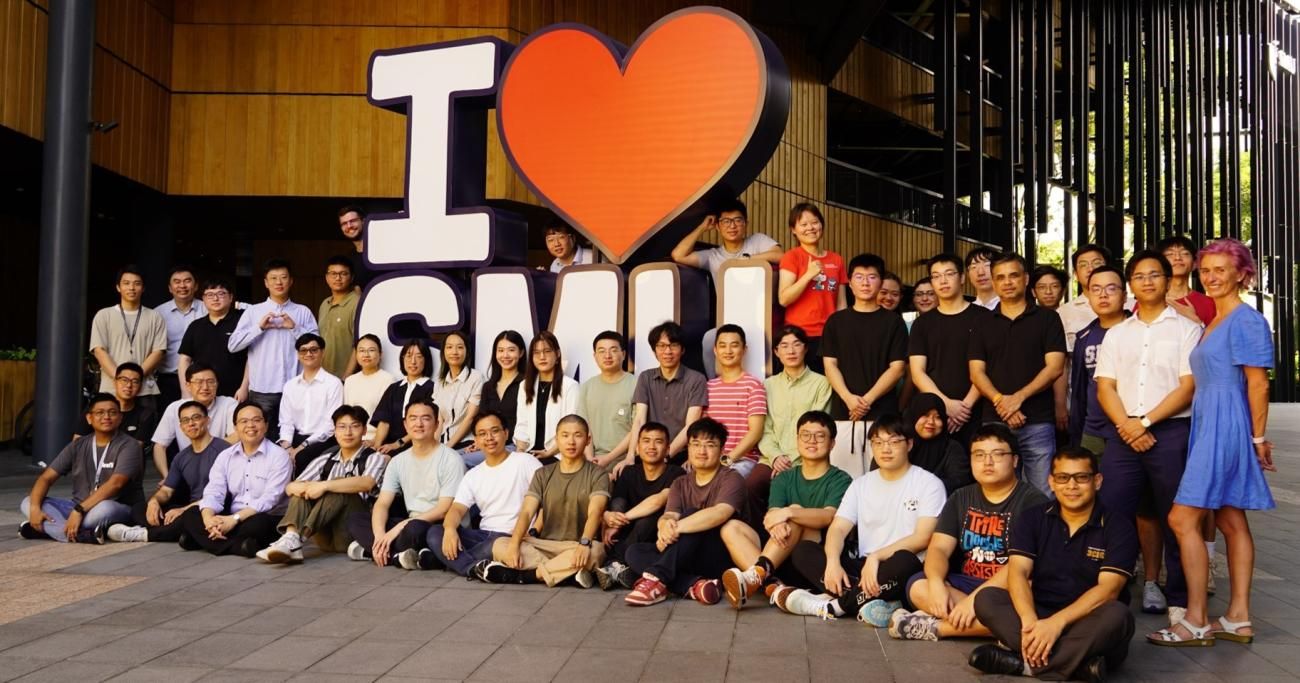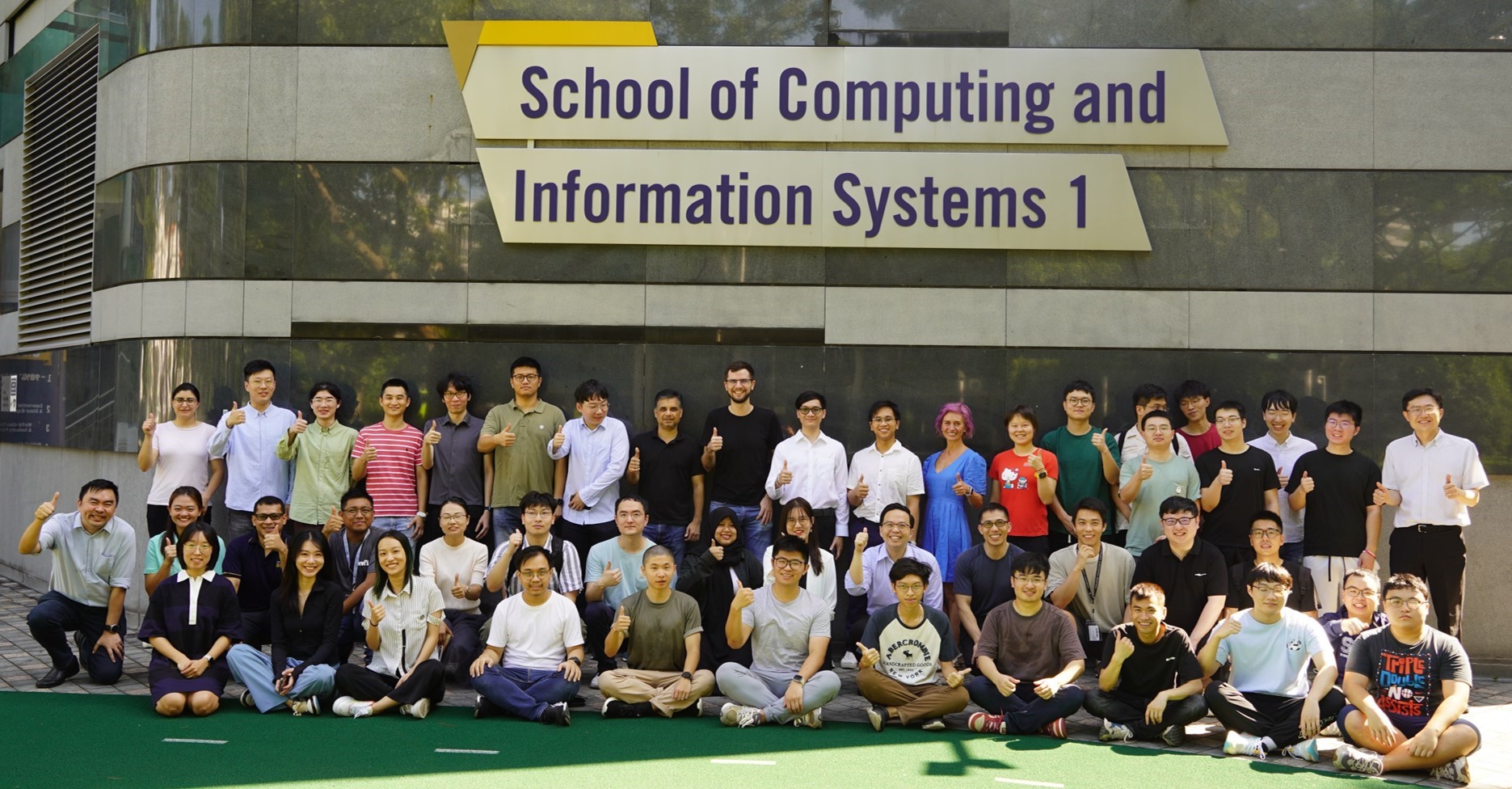
With the introduction of technologies such as AI and IoT, the engineering of software has become increasingly complex. The situation is compounded by constant and urgent software upgrades. In 2022, an estimated 65 per cent of organisations were observed to release applications on a weekly, daily, or even more frequent basis.
The downside of this technological boom is the proliferation of poor-quality and insecure software, which had an estimated economic cost of US$2.41 trillion to the U.S. economy in 2022, demonstrating a significant financial impact.
The issue is further compounded by a shortfall of software engineers. Recent news articles noted that software engineering roles were among the most in-demand jobs in 2022 and 2023. This underlines the critical importance of developing strategies and solutions to accelerate the creation of high-quality software, while simultaneously meeting the escalating demand for software engineers.
This is where the Centre for Research on Intelligent Software Engineering (RISE Centre) of the Singapore Management University comes in – at the intersection of software engineering, artificial intelligence, and cybersecurity to address increasingly complex multi-faceted challenges involved in engineering software.
“RISE is set to do deep, applied, and translational research to enable us to build next-generation and future-ready socio-technical software systems involving cutting-edge technologies,” said OUB Chair Professor David Lo, the Director of RISE Centre. The Co-Directors are Associate Professor Jiang Lingxiao and Professor Sun Jun.
From RISE Lab to RISE Centre

Located at the School of Computing and Information Systems, the 50-strong RISE Centre aims to be a world-leading research powerhouse on software engineering.
Originally established as a Research Lab for Intelligent Software Engineering in 2020, it expanded into the RISE Centre in April this year. Located at the School of Computing and Information Systems, its vision is to be a world-leading research powerhouse on software engineering, establishing a symbiotic collaboration between academia, industry, and policymakers, supporting SMU as a premier university, with the goal of boosting Singapore’s economy and growth.
From an initial funding of S$4.9 million from 11 projects in 2020, it has secured additional 16 projects, while it developed a cluster of 10 faculty affiliates from the SMU’s School of Computing and Information Systems. It now has a total of 10 active projects with S$16 million in funding. Research is supported by the National Research Foundation, the Ministry of Education, the Cyber Security Agency, several National Satellites of Excellence, AI Singapore, the Singapore Data Science Consortium, and some industry funds.
Four pillars of research at RISE Centre
The 50-member-strong RISE Centre is currently pursuing four main research directions or pillars, namely: AI for Software Engineering (AI4SE), Software Engineering for AI (SE4AI), Software Engineering for Emerging Technologies (SE4ET) and Sustainable Software Engineering (SSE).
The AI4SE pillar focuses on how AI agents and software engineers can collaborate productively. The SE4AI pillar studies ways to build, test, deploy, and certify AI-powered systems. The SE4ET pillar innovates solutions to improve the software engineering aspects of smart contracts running on Web 3.0, drones, autonomous vehicles, and so on. The SSE pillar covers innovation to reduce the carbon footprint of software, and ensure that the software supply chain is sustainable.
Current projects in AI
For the AI4SE pillar, Prof Lo is working on a project called “TrustedSEERs: Trusted Intelligent Work Bots for Engineering Better Software Faster”, funded by the National Research Foundation (NRF) under its NRF Investigatorship Class of 2023. This programme handles ground-breaking research, such as Prof Lo’s project to design and develop trustworthy AI agents to effectively work with software engineers to build better software faster.
For the SE4AI pillar, one of the current projects RISE Centre has secured is “The Science of Certified AI Systems”. It is funded by a Ministry of Education Research Funding Tier 3 grant. The project, led by Prof Sun Jun, aims to provide a scientific foundation for analysing AI systems, a set of tools to analyse and repair neural networks and certification standards which give actionable guidelines. One area the project is studying is the robustness of AI systems or the extent to which they can produce a wrong result arising from small changes in their input.
Aside from funding, the first three years of research by RISE Lab have also resulted in many research papers published in various established and top-tier conferences and journals. In 2020-2023, members of RISE have won multiple prestigious awards including two Most Influential (Test-of-Time) Paper awards and three ACM SIGSOFT Distinguished Paper awards.
Future plans
Looking ahead, the RISE Centre aims to drive further innovation within its two primary established pillars: AI4SE and SE4AI. Concurrently, the Centre plans to establish its SE4ET pillar and cultivate its nascent SSE pillar.
In addition, the RISE Centre is considering the establishment of a Software Engineering Practice Excellence (SEPE) lab. This initiative is aimed at further promoting the adoption of the technologies and best practices developed within the Centre by both industry and government agencies.
“At the core of RISE Centre are teams of dedicated, talented undergraduate and graduate students,” said Prof Lo. “Through the Centre’s innovative research activities, these students are trained in cutting-edge skills at the intersection of software engineering, AI, and cybersecurity.”
He added that these future professionals are set to emulate the success of RISE alumni, who have become academic and industry experts across Asia, North America, Europe, and Australia, innovating and building future-ready software more efficiently.